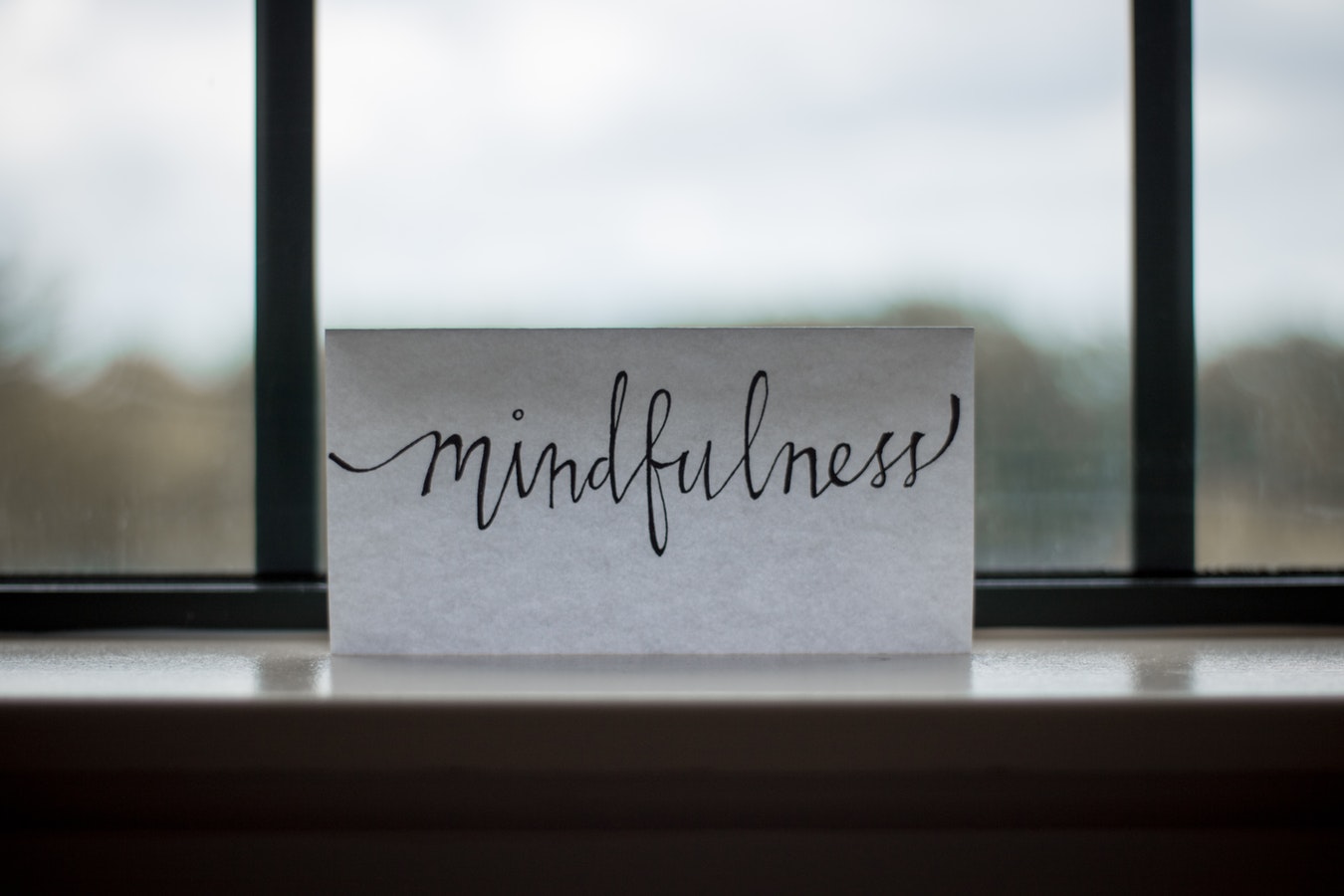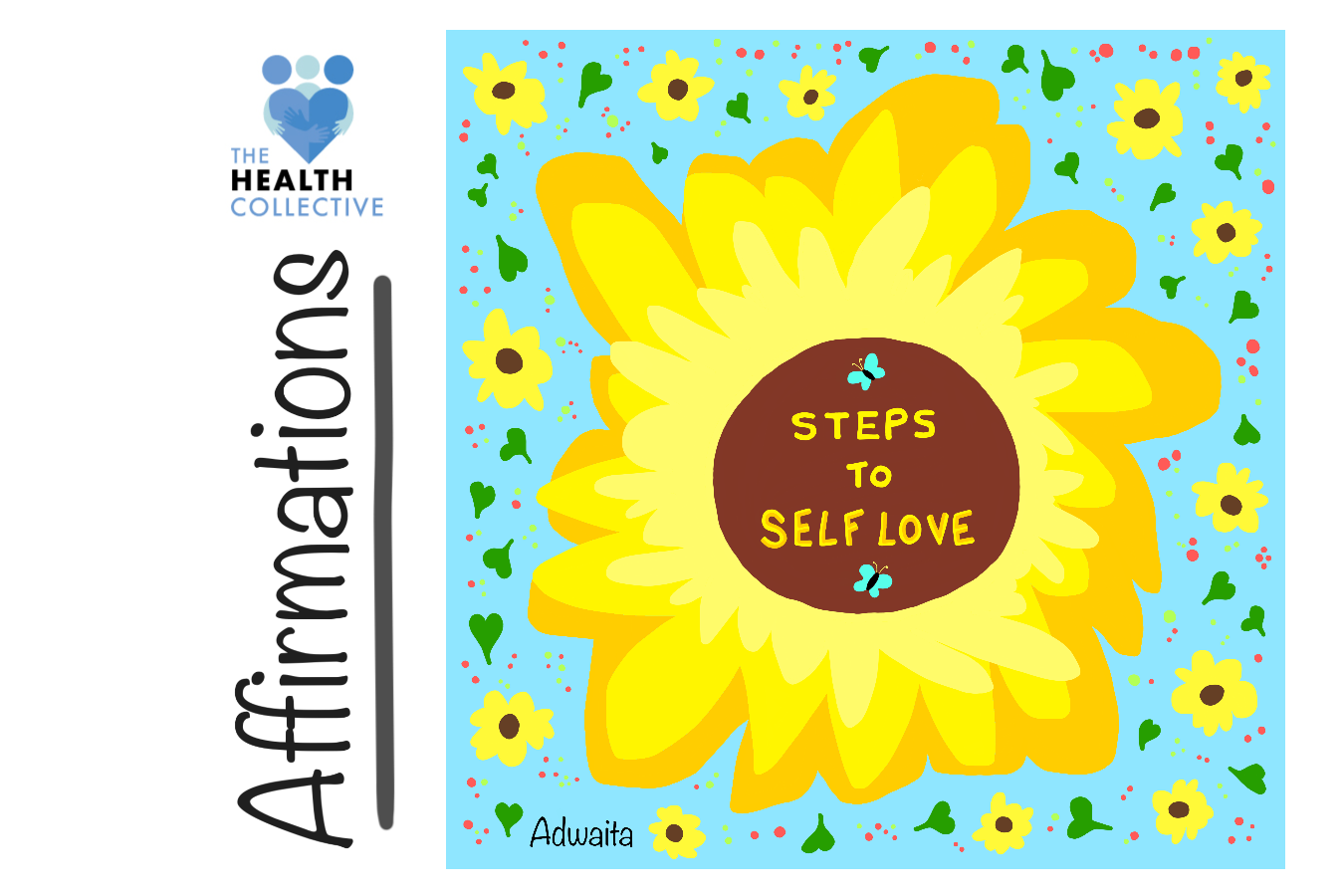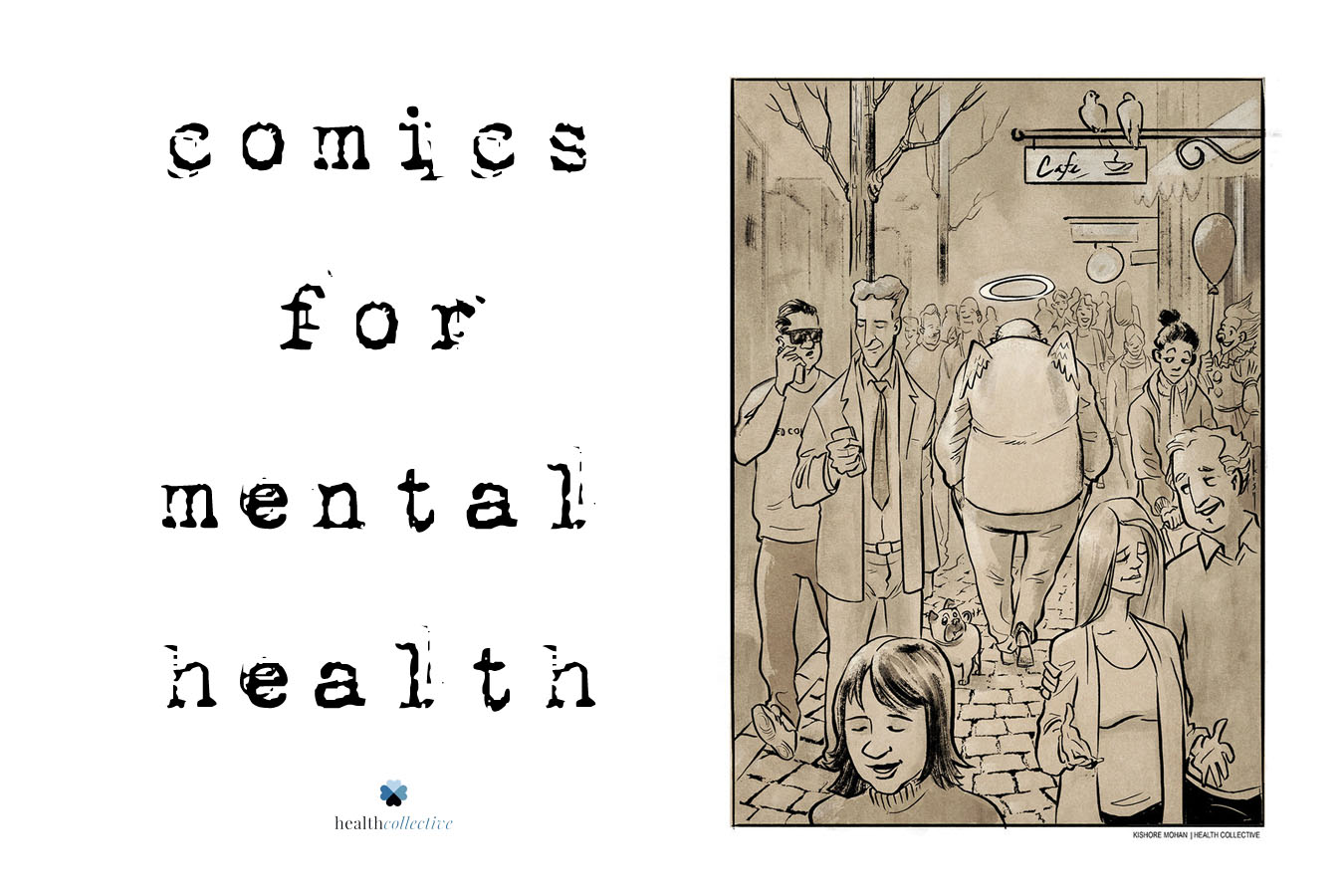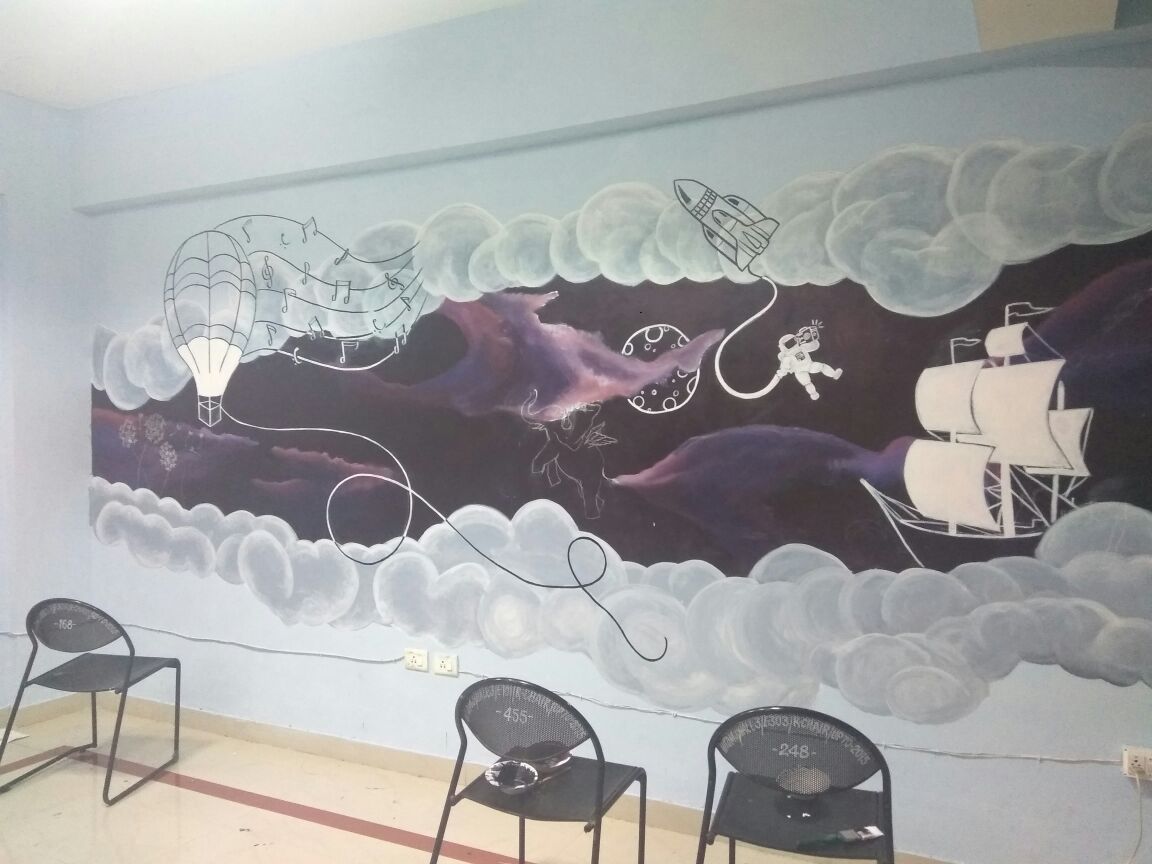Mental Health and You
By Amrita Tripathi
The World Health Organisation estimated — back in the 90s — that one in 4 people would suffer some sort of mental health issue in their life time.
Whether it’s depression, anxiety disorders, PTSD, stress-related issues, addiction, or psychosis like schizophrenia, we aren’t doing anyone any favours by a) not talking openly about these issues and b) not insisting that we have enough resources available. We must and should have access to mental health experts in this country — more than the estimated 4,500 trained psychiatrists (which was the last solid estimate) for a population that is a billion and counting.
Sample this, from a WHO story in 2015, speaking of a facility in Gujarat:
“The facility is 1 of just 43 government-funded mental health hospitals, which provide services for an estimated 70 million-plus people living with mental disorders. For every 1 million people, there are just 3 psychiatrists, and even fewer psychologists.”
You can read more of that story here on the Guardian site*.
That’s 70 million people in India estimated to be living with a mental disorder.

Over the past decade and counting, I have reported on, seen first-hand and marvelled at how so many people in India get back, without access to the basics.
So many of us — even urban, privileged Indians — don’t even know where we might get access to help; that is presuming we recognise the need for intervention in the first place. I often get messages for recommendations of counsellors, therapists, psychologists, psychiatrists… It’s heart-breaking to think how many people don’t even know where — or that — they can get help.
According to the NCRB’s data, looking at information from 2004-2014, more than a lakh Indians killed themselves every year. They have detailed information and statistics in their Accidental Deaths and Suicides report, but think about that number. That’s more than 270 people every single day, choosing to end their lives.
We NEED to make an effort to understand how best to get them the help they need; and to let them and their families know that healing is possible.
You will find our first attempt at collating resources on suicide helplines here and more on the overview in our Mental Health section.
We need to work as a team, and while we will start small on this project, we will be solid. This site — this collective — aims to raise awareness, bring you the basic facts and collaborate with mental health practitioners across the country to suss out where the best resources are available. We will eventually be looking to roll out information services in other languages, starting with Hindi.
Please feel free to leave your comments and suggestions, as we go along.
Onward!
*
(Updating to remove non-functional link to WHO site)




